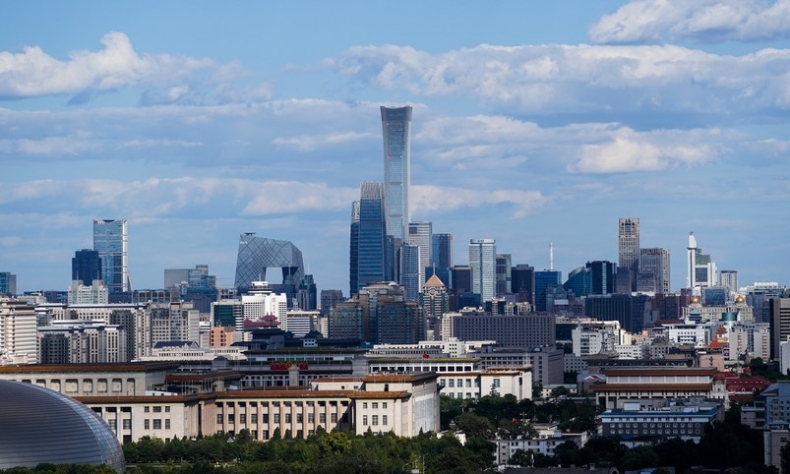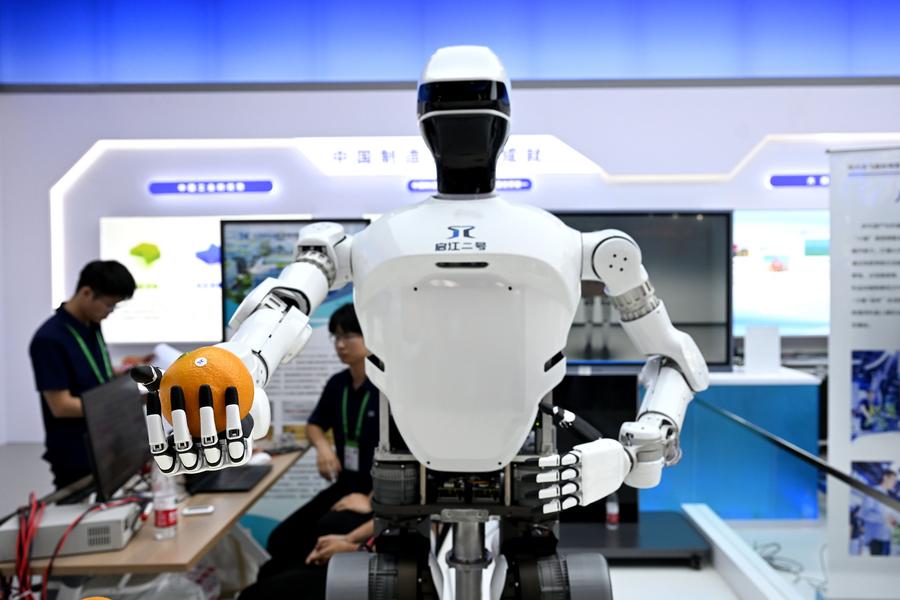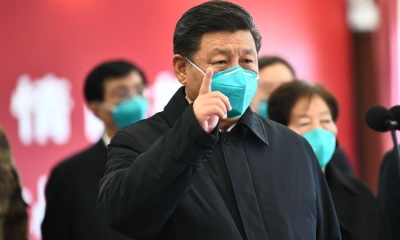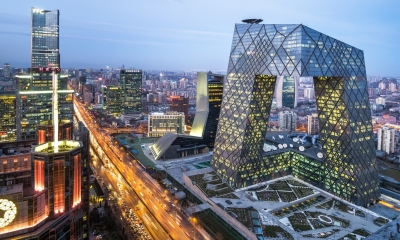Marking 75 Years of the PRC: A Time for Celebration and Reflection

As China continues to advance, it offers new paradigms and insights that contribute to a more diverse and nuanced understanding of global development.
The celebration of the 75th anniversary of the People’s Republic of China (PRC) is, without any doubt, a moment of great joy and festivity. Yet, it is also a moment of reflection, offering an opportunity to consider the remarkable transformation that has occurred in less than eight decades. In this brief span of time, China has fundamentally changed the world through a series of monumental achievements.
First and foremost, among these accomplishments is China’s ability to unite a vast and diverse population. Anyone familiar with China’s long history would know that forging unity in such a vast realm has always been a challenge. For much of the 19th century and the first half of the 20th century, China was a land of fragmentation and strife, with many of its regions under foreign influence or control. The founding of the PRC on October 1, 1949, marked a historic turning point, signaling the end of an era of disunity. The unification of China, after decades of division, was a monumental achievement in itself. The handovers of Hong Kong and Macau to Chinese sovereignty in 1997 and 1999, respectively, were emblematic of the PRC’s success in reintegrating territories and reinforcing national unity. These events were not just political milestones but also symbols of a reunified China reclaiming its place on the global stage.
The second major achievement of the PRC is the eradication of extreme poverty. When I first visited China in the 1990s, I encountered poverty that was both stark and distressing. Today, that reality has been dramatically transformed. The scale and speed of this progress are unparalleled in global history. Very recently, I had the opportunity to spend time in rural areas in Guangdong, Shanxi, and Hunan. In fact, especially in light of the rural revitalization policy, the positive changes in China’s countryside are not fully appreciated by observers.
As noted by the World Bank, China has contributed close to three-quarters of the global reduction in the number of people living in extreme poverty. The eradication of extreme poverty is a fundamental human right, and China’s achievement in this area stands as a testament to its commitment to improving the lives of its people. The sheer magnitude of this success reflects the effectiveness of China’s development policies and its ability to emancipate hundreds of millions from poverty.

The third significant achievement is the creation of immense wealth and economic growth. It would have been inconceivable in 1949 to predict that China would become the world’s second-largest economy. Yet today, this is a reality. Based on purchasing power parity, China’s GDP ranks first in the world. Amid debates on current Chinese economic growth, it should be noted that in 2023, the country contributed 32 percent to global economic growth.
Chinese companies have emerged as global players, excelling in various sectors and setting benchmarks in industries ranging from technology to manufacturing. No discussion on emerging technologies today would be complete without considering the role of China. From artificial intelligence (AI) to quantum physics applications, China is a key player, no longer a passive spectator in the course of history. The increasing presence of Chinese tourists, students, academics, scientists, artists, and athletes on the world stage testifies to the country’s economic strength and its ability to foster global engagement. This wealth creation has not only enriched China but also contributed to a more interconnected and prosperous global economy.
The fourth achievement is the peaceful nature of China’s rise on the world stage. China’s transformation has not been accompanied by external conflicts. Instead, China has pursued its goals with a focus on stability and harmony. In my book, Limited Views on The Chinese Renaissance (2018), I argued that China’s strategic intentions are rooted in the concept of “centrality”, which emphasizes balance and coexistence rather than confrontation. This approach has allowed China to reemerge as a global power without disrupting the existing international order. China rightly advocates for the gradual reform of global governance, not for its revolutionary overhaul.
The most consequential bilateral relationship of our time is that between China and the U.S. It is a complex relationship, characterized by significant economic interdependence. Beyond this reality, it is reassuring to witness the considerable diplomatic efforts of both countries to reduce the strategic trust deficit. There is considerable debate about whether conflict between the two countries is inevitable. However, a careful examination of the situation reveals that the Thucydides Trap can be avoided and, in fact, has been avoided for decades.
Finally, China’s renaissance is enriching the world through a wealth of new ideas and perspectives. The ongoing success of China signifies not only its modernity but also its distinct non-Western identity. This unique blend of modernity and cultural heritage challenges the traditional Western-centric view of global progress. Modernization does not equal Westernization. As China continues to advance, it offers new paradigms and insights that contribute to a more diverse and nuanced understanding of global development. The acceptance of China’s modern, non-Western perspective is essential for fostering a more inclusive international dialogue.
China’s remarkable achievements over the past 75 years have undeniably reshaped our world. Anyone engaged with global issues today must recognize and consider China’s role and influence. The country’s vision of a community with a shared future for mankind suggests that we might be on the path to a world where the reemergence of one ancient civilization contributes to global progress. If the Chinese renaissance brings about significant advancements for humanity, it could stand as one of the PRC’s most noble accomplishments in the decades to come.
The article reflects the author’s opinions, and not necessarily the views of China Focus.
 Facebook
Facebook
 Twitter
Twitter
 Linkedin
Linkedin
 Google +
Google +







